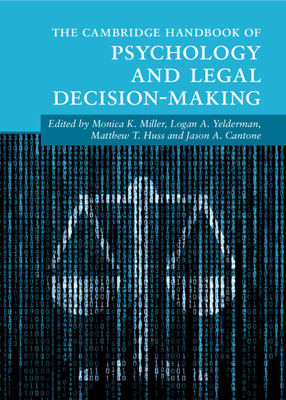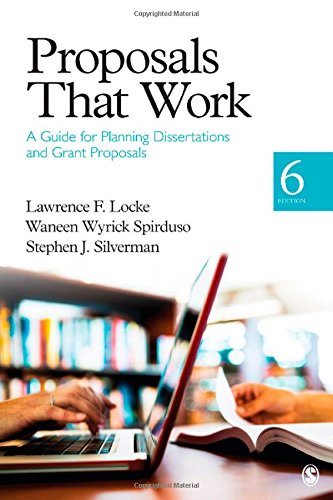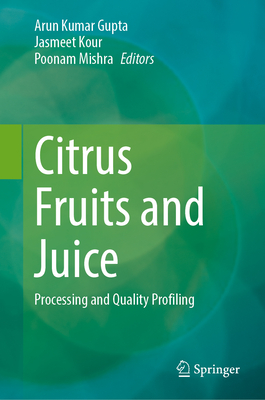图书简介
Presenting state-of-the-art research, this Handbook summarises emerging and establishing topics in the area of legal decision-making. Interdisciplinary in its approach, it covers decisions made within the criminal justice system, the trial process, and clinical settings. Chapters, written by accomplished academics and experts in the field, synthesize historical context, identify gaps in existing literature, propose future directions of study, and discuss policy limitations. It also includes ’perspectives from the field’ essays written by professionals – a judge, an attorney, a police officer, a trial consultant, and a probation officer – to bridge the gap between academic research and its application to the real world. It is intended as a go-to resource for students and researchers who want to immerse themselves in a body of scientific research to understand its history and shape its future.
Part I. Introductions: 1. A modern approach to the psychology of legal decision making; 2. ’I Hope the final judgment’s fair’: alternative jurisprudences, legal decision-making, and justice; 3. Diversity and bias in legal decision making: broadening frameworks and addressing overlooked issues; 4: Judicial decision-making; Part II. Pre-trial phase decision-making: 5. Victim decision-making; 6. Bystanders’ crime reporting decisions; 7. Pre-Trial publicity’s effects on jurors’ and judges’ decision; 8. Police decisions involved in collecting eyewitness identification evidence; 9. Decisions related to miranda rights; 10. Judges’ daubert decisions; 11. The psychology of confession decision making during police Interrogation; 12. Plea bargaining: understanding the decision-making processes of plea negotiation; 13. Forensic science decision-making: expertise lends both skills and vulnerabilities; 14. Decision-making by forensic mental health evaluators; 15. Interviewing suspects in criminal investigations: decisions and their consequences; 16: Prosecutorial decision-making in cases of child sexual abuse: lessons from Australia; 17. Decision-Making about restoration of defendants who are incompetent to stand trial; 18. Clinical decision-making regarding criminal responsibility; 19. Decision-Making regarding child victims and witnesses; Part III. Trial phase decision-making: 20. Social cognition of jury decision-making; 21. Beliefs about juror decision-making and the jury process; 22. Deciphering directives: juror decision-making challenges with understanding judicial instructions; 23. Decisions surrounding the use of expert testimony; 24. Legal and extra-legal factors that affect jurors’ decisions; 25. Decisions regarding insanity; 26. Decision making in the shadow of evidence law; 27. Decision-making in contested divorce child custody cases; Part IV. Post-conviction phase decisions: 28. Amenability to treatment evaluations: understanding decision points and new information regarding assessment; 29. Choosing between life and death: capital jury penalty phase decision-making; 30. The communication of risk to legal decision-makers; 31. Psychology of parole decision-making; 32. Probation decision-making; 33. Decision-making in violence risk assessment; Part V. Other legal decision-making: 34. Decision making in immigration court; 35. Evaluation decisions by psychologists about causation and damages in personal injury and employment discrimination cases: a pragmatic five-stage model for courts; 36. Factors influencing the decision to commit white collar crime: integrating affluenza with established risks; 37. Tort law decision-making: psychological and legal perspectives; 38. Judicial decision-making in juvenile dependency and juvenile justice cases; 39. Legislative decision making; 40. Decision-Making in alternative dispute resolution; 41. Criminal decision-making; 42. Social worker decision-making: a framework for legally literate accountable practice; 43. Decision-Making in civil matters: the role of substituted judgment; Part VI. Perspectives from the field: 44. Culturally competent perspectives and a legally literate practice promote quality decisions in social work; 45. Making probation decisions in the real world; 46. Justice for all: reflections as a clinician at the intersections; 47. Police officer decisions in interrogations and investigations; 48. Restoration: the sequel to incompetency to stand trial; 49. To tell or not to tell; is that the question?: victim decision-making; 50. Diversity in legal decision-making; Conclusion: 51. Conclusions from the field of legal decision-making.
Trade Policy 买家须知
- 关于产品:
- ● 正版保障:本网站隶属于中国国际图书贸易集团公司,确保所有图书都是100%正版。
- ● 环保纸张:进口图书大多使用的都是环保轻型张,颜色偏黄,重量比较轻。
- ● 毛边版:即书翻页的地方,故意做成了参差不齐的样子,一般为精装版,更具收藏价值。
关于退换货:- 由于预订产品的特殊性,采购订单正式发订后,买方不得无故取消全部或部分产品的订购。
- 由于进口图书的特殊性,发生以下情况的,请直接拒收货物,由快递返回:
- ● 外包装破损/发错货/少发货/图书外观破损/图书配件不全(例如:光盘等)
并请在工作日通过电话400-008-1110联系我们。
- 签收后,如发生以下情况,请在签收后的5个工作日内联系客服办理退换货:
- ● 缺页/错页/错印/脱线
关于发货时间:- 一般情况下:
- ●【现货】 下单后48小时内由北京(库房)发出快递。
- ●【预订】【预售】下单后国外发货,到货时间预计5-8周左右,店铺默认中通快递,如需顺丰快递邮费到付。
- ● 需要开具发票的客户,发货时间可能在上述基础上再延后1-2个工作日(紧急发票需求,请联系010-68433105/3213);
- ● 如遇其他特殊原因,对发货时间有影响的,我们会第一时间在网站公告,敬请留意。
关于到货时间:- 由于进口图书入境入库后,都是委托第三方快递发货,所以我们只能保证在规定时间内发出,但无法为您保证确切的到货时间。
- ● 主要城市一般2-4天
- ● 偏远地区一般4-7天
关于接听咨询电话的时间:- 010-68433105/3213正常接听咨询电话的时间为:周一至周五上午8:30~下午5:00,周六、日及法定节假日休息,将无法接听来电,敬请谅解。
- 其它时间您也可以通过邮件联系我们:customer@readgo.cn,工作日会优先处理。
关于快递:- ● 已付款订单:主要由中通、宅急送负责派送,订单进度查询请拨打010-68433105/3213。
本书暂无推荐
本书暂无推荐















